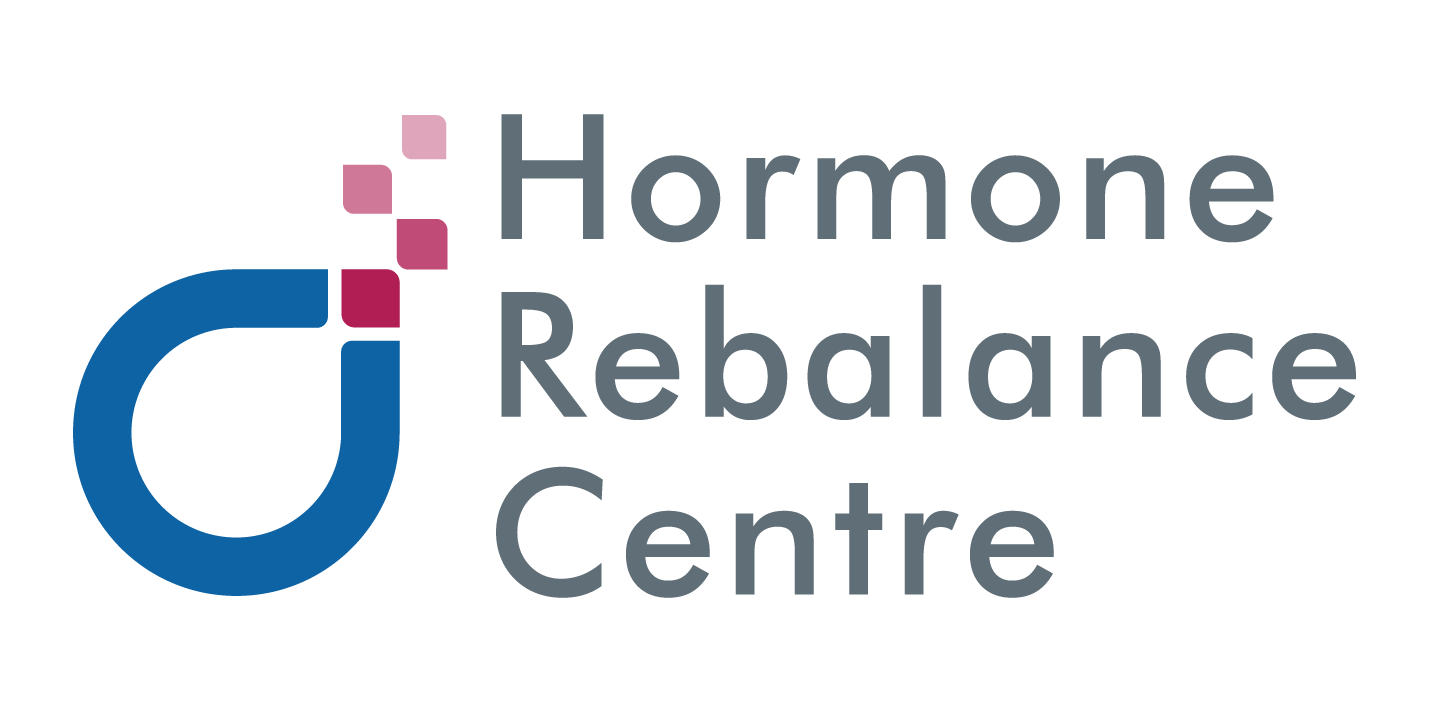Low sex drive is one of the most common concerns we hear from women, especially those experiencing hormonal changes after the age of 40.
Changes in vaginal health, body image and decreased libido can leave you feeling like a completely different woman, but they don’t have to!
In our post today, our goal is to get you back to feeling like yourself again!
By following our guide below, we hope to leave you with a better understanding of what are the causes of low libido for women, how to mitigate the hormonal changes that are driving this bothersome symptom and provide you some tips to consider, along with testing recommendations.
Please note that while women of all ages may experience a low sex drive, this blog will focus on women over 40 and the hormonal changes specific to this age group.
Causes of low sex drive:
- Declining estrogen – as estrogen drops around peri-menopause and menopause, this leads to physical changes to the vaginal tissue. Vaginaly dryness and painful intercourse can certainly dampen the mood when it comes to sex.
- Declining testosterone – testosterone is another hormone that declines for women as they age. Studies show that boosting this hormone for women can certainly increase sexual arousal and desire.
- Cortisol dysregulation – cortisol is our stress hormone and nothing kills your sex drive like unmanageable stress levels. Too low cortisol levels will leave you feeling fatigued and depleted. Too high, will leave your mind racing and body unsettled, making it hard to lay back, relax and be in the moment with your partner.
- Mental/emotional barriers – sex drive is far more that just a physical concern. Many factors such as attraction to your partner, your partner’s own sexual health or possible dysfunction, feeling love and confidence in your own skin and having an overall positive body image can certainly play a role as well,
Tests to consider to find the root cause of your low libido:
When it comes to assessing levels of sex hormones like estrogen and progesterone or cortisol levels, we most commonly use urine testing with women. Urine testing, as opposed to basic blood work, allows us to see much more details in the big picture of hormonal production.
Urine testing looks at 50+ hormonal markers and because samples are collected 5 times in one 24 hour cycle, it accounts for hormones that fluctuate throughout the day, specifically cortisol.
Through urine testing, we can also assess how the body metabolizes and breaks down hormones, rather than just looking at how much of it is in circulation. This allows us to see if low levels of estrogen and testosterone for example, are perhaps caused due to fast cleaning of these hormones out of the body, hence being a detox issue rather than a low production issue. The treatment therefore is quite different.
To learn more about testing options we offer, read more HERE.
Tips for Supporting Low Libido in Women 40+:
#1: Supporting declining estrogen levels:
- Phytoestrogens
- These are naturally occurring plant-based compounds that function like a gentle estrogen in your body. Consuming them is a way to naturally support estrogen levels through food.
- Increase phytoestrogens like flax and soy to offset declining levels of estrogen. Flax and soy contain plant constituents that act like estrogen in the body and they can help to maintain the structure and integrity of vaginal tissue as well as offset other symptoms of low estrogen associated with peri-menopause and menopause.
- Non-hormonal vaginal moisturizers
- These are not personal lubricants, but instead are creams specifically designed to hydrate and moisturize the delicate tissue in the vagina. They are available over the counter and contain ingredients like hyaluronic acid, aloe and vitamin E. A few brands you can look for include: Repagyn, Replens, Gynatrof.
- Hormonal Creams or Laser Treatment
- Both of these options require visits to your doctor but can do wonders for your health and the health of your vagina! Hormone creams are safe options for providing low-dose bioidentical estrogen directly to the vaginal tissues. They must be prescribed and are made at compounding pharmacies. Laser treatments are a newer option, but results have been positive and treatment occurs with few side effects. Speak to us if you may be the right candidate for these treatments!
#2: Supporting healthy testosterone levels for women:
- Exercise
- Resistance training and moderate endurance training has been shown to increase circulating andronents, which include testosterone. Please note however, that over-exercising and overdoing the endurance training can actually lower testosterone levels and increase cortisol (stress) in the body. It’s all about balance!
- Supporting botanicals
- Maca and Tribulus are two botanicals that can support androgens and sex drive in women. How much you should take, what brand and whether they are an appropriate intervention for you, should be assessed by a qualified practitioner. Speak to us to learn more!
#3: Cortisol support:
- Botanical and nutritional support
- Proper sleep
- Difficulty falling asleep, waking up in the middle of the night (especially between 2-4am), or low energy on waking, in spite of decent sleep, are all symptoms of cortisol dysregulation. Proper testing allows us to assess when in the day you may be over or underproducing cortisol and hence treat it accordingly.
#4: Health Attitude about Your Stage in Life:
While many women expect that changes will occur during menopause, it can be a shock to the system. Some women are left feeling alone, unsure and may not feel heard by their doctors or understood by their partners. This may leave you feeling like these issues are specific to you and you are the problem, but this is not true!
- You are not alone
- Menopause and its symptoms may be uncomfortable, but you aren’t experiencing these changes alone! Much of what you are experiencing is or has been experienced by the women around you. Reach out, if you feel comfortable, and talk to friends or family members who have already made the transition.
- Seek out a Naturopathic Doctor
- Naturopathic doctors take a holistic approach to treatment and may be able to offer you a personalized“treatment plan” that can keep you feeling sexy, alive and excited to enter a new stage of life! The superstar naturopathic doctors on our team all have additional training in the field of hormones and this is our clinic focus so we are uniquely suited to help women with these concerns! Reach out to us.
- Healthy body image
- To ensure a positive experience as you age, it’s important to embrace the journey as a woman. While it may be difficult, learning to love your body despite it’s changes and having realistic expectations of what is normal, can greatly help your experience. Loving and honouring your body for its internal wisdom and supporting it as it changes is the greatest gift you can give not only to yourself, but to your partner and even other women around you.
Reclaiming Your Libido and Getting Your Sexy Back
Changes in hormones, the hallmark of peri-menopause and menopause, can leave many women feeling a lack of sex drive. Whether it’s because they aren’t comfortable with body changes, they experience vaginal discomfort or have trouble becoming aroused, there are solutions!
The first step is to get proper testing to better understand what unique imbalances you may be struggling with that are contributing to this symptom and treat those accordingly.
If you take anything away from this post, we hope it is this: You are not alone in your journey and “suffering through it” doesn’t have to be a part of your story!
At Hormone Rebalance Centre, our team of Naturopathic Doctors are ready to tackle hormonal changes with you! Book a FREE Hormone Assessment with our team so we could learn more about your unique story and discuss testing and treatment options with you. We are excited to be a part of your health journey!


No Comments